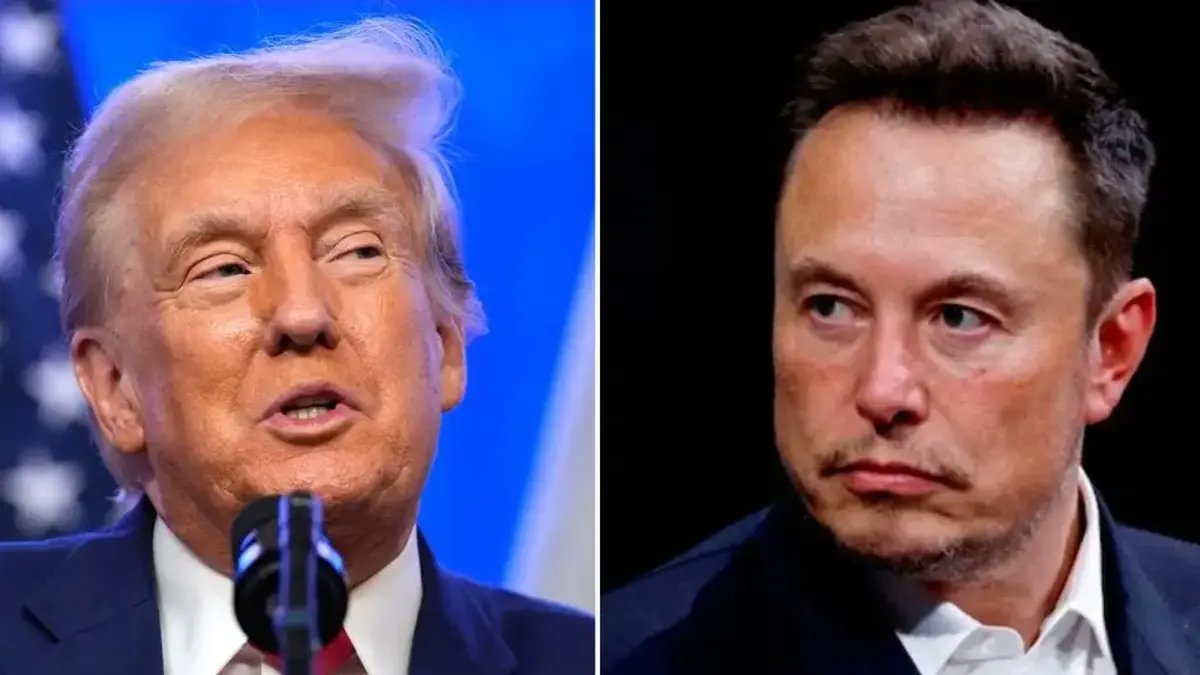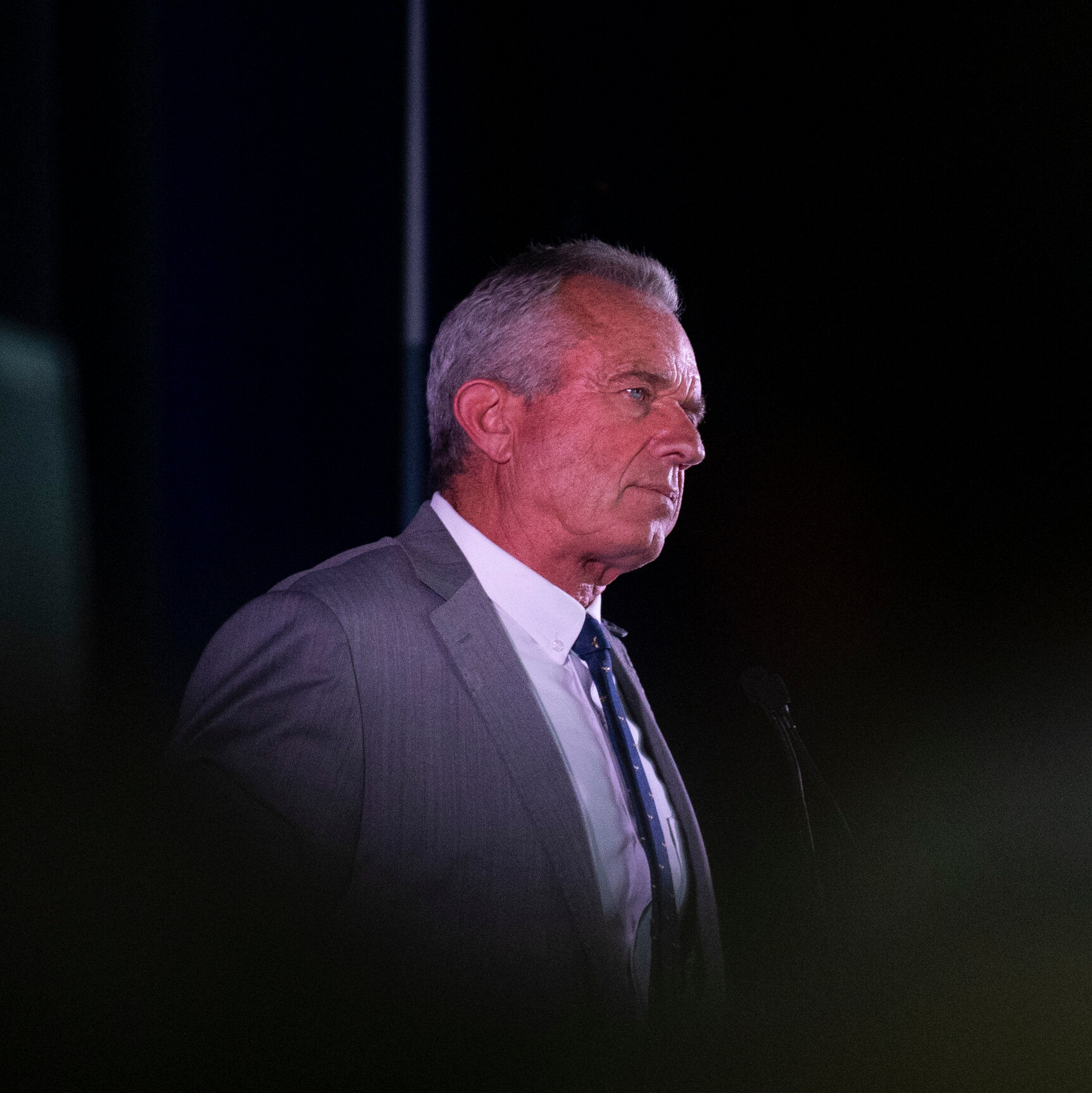President Donald Trump recently announced Tuesday that Elon Musk, known for his influence in the tech and crypto industries, will head a new department called the Department of Government Efficiency, colloquially known as “Doge.” face.
With the support of former presidential candidate and entrepreneur Vivek Ramaswamy, the initiative aims to introduce a crypto-driven, lean approach to cutting government waste.
Elon Musk’s appointment to lead the “doge” government’s revamped business department could open doors for small and medium-sized enterprises (SMEs), especially those involved in cryptocurrency, blockchain and tech innovation. Given a mandate to streamline government processes and cut regulatory red tape, Musk’s influence could introduce policies that reduce compliance burdens, expand access to government contracts, and foster a business-friendly environment suitable for SMEs This crypto-inspired initiative transforms federal spending with transparency and efficiency aims to provide—potential savings, funding opportunities, and alternatives for SME growth in the country’s flexible, technologically advanced environment.
Although titled a “department,” Doge will not be a formal government agency. Instead, Musk and Ramaswamy will work independently from federal oversight, providing advisory support to the Office of Management and Budget. According to Trump, this task force will recommend sweeping reforms aimed at reducing government size, slashing bureaucratic red tape, and taking a “crypto-style disruption approach” to streamline federal functions.
“We’re going to shake things up. With Doge, we’ll strip away waste like never before,” Trump said, adding that this initiative could redefine government spending with “an entrepreneurial mindset, similar to the innovation Musk brought to crypto with Dogecoin.”
Here’s how this initiative could impact SMEs, though the effects remain to be seen:
Reduced Regulatory Burden and Compliance Costs
- Streamlined Regulations: Musk’s Doge initiative may help reduce bureaucratic obstacles, allowing SMEs to allocate more resources to growth rather than compliance. However, the full impact on regulations is still uncertain.
- SME-Friendly Policies: A shift toward more flexible operations and fewer legal requirements could potentially benefit SMEs, reflecting Musk’s emphasis on efficiency. The extent of these changes remains to be seen.
Increased Support for Crypto and Blockchain
- Crypto Adoption: Musk’s pro-crypto stance may encourage regulatory frameworks that could make it easier for SMEs to integrate crypto payments or blockchain technologies. The true impact on SMEs in this area will depend on how these regulations evolve.
- Lower Barriers: Less restrictive crypto regulations could provide SMEs with opportunities to explore crypto-related products and services, potentially improving tax policies and compliance requirements. It remains to be seen how significant these changes will be for SMEs.
Easier Access to Government Contracts
- Simplified Bidding: A focus on transparency and cost-cutting may create a more accessible environment for SMEs to bid on government contracts. The real effects on bidding processes are yet to be fully realized.
- Opportunities for Tech SMEs: Smaller businesses in sectors like technology, cybersecurity, and innovation might find new opportunities to collaborate with government agencies on efficiency-focused initiatives. How these opportunities play out remains uncertain.
Musk’s transparency pledge and dogecoin’s rally
Taking to X (formerly Twitter), Musk promised to keep the public fully informed, committing to share the department’s activities online for “maximum transparency.” He hinted at introducing a “Doge leaderboard,” where citizens could see the most wasteful government expenses in real time, drawing inspiration from the open nature of blockchain and crypto technology.
“Whenever you think we missed something—or kept something that shouldn’t be there—just let us know,” Musk posted, concluding with a Doge meme. This announcement sent Dogecoin’s value soaring, doubling since Election Day as crypto markets anticipate a more favorable regulatory environment under a second Trump administration.
Trump’s vision for a smaller, crypto-inspired government
The Doge task force has a two-year timeline, set to conclude its work by July 4, 2026, to mark America’s 250th Independence anniversary. Trump emphasized that a “leaner, more efficient government” will be a gift to the nation, one that he hopes will capture the ethos of crypto decentralization and efficiency.
Ramaswamy, a biotech entrepreneur and crypto advocate, expressed his enthusiasm for the role. “We’re not going to go gently,” he said, adding that Doge will likely sidestep traditional bureaucratic structures to prioritize speed and efficiency, much like the crypto space itself.
The involvement of Musk, whose interests span SpaceX, Tesla, Neuralink, and X, has fueled speculation on potential financial impacts. Analysts suggest that his advisory role could influence crypto policies and regulatory frameworks favorable to Tesla and other ventures. According to Daniel Ives of Wedbush Securities, Musk’s position gives him “a massive role with potential reach across numerous federal agencies,” possibly benefitting companies involved in blockchain, crypto, and AI.
Critics question doge’s potential conflicts of interest
Some advocacy groups voiced concerns over Musk’s appointment. Public Citizen, a consumer rights group, questioned the independence of a Musk-led efficiency task force. “Musk has a record of challenging the very regulations he now stands to influence,” commented Lisa Gilbert, co-president of Public Citizen, arguing that his business interests could lead to potential conflicts with government oversight.
Meanwhile, Trump dismissed concerns over Musk’s availability. “We know Elon’s busy sending rockets and innovating with crypto, but he’s excited to take on the challenge of cutting down waste,” Trump remarked, reinforcing that Musk will not hold a formal government position.
Keep up to date with our stories on LinkedIn, Twitter, Facebook and Instagram.
With Trump’s task force looking to reimagine economic strategies, small and medium-sized enterprises (SMEs) could be in for a game-changing shift. News, doge, Sme Dynamic Business








